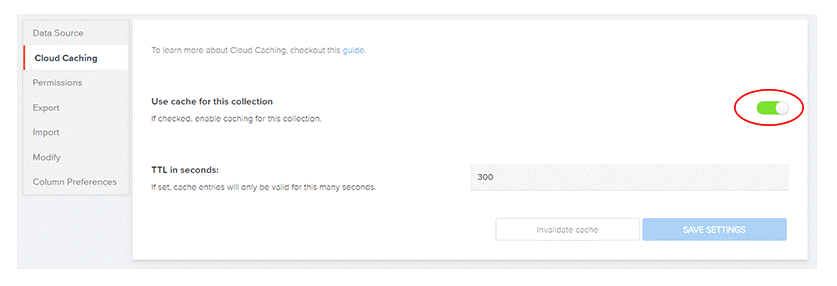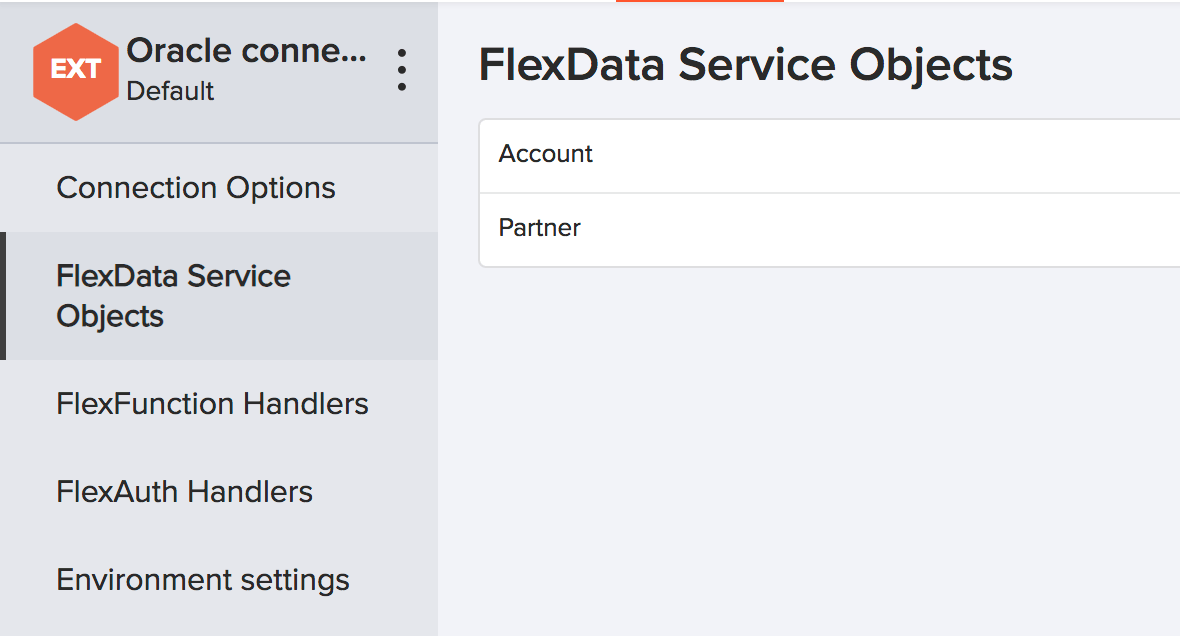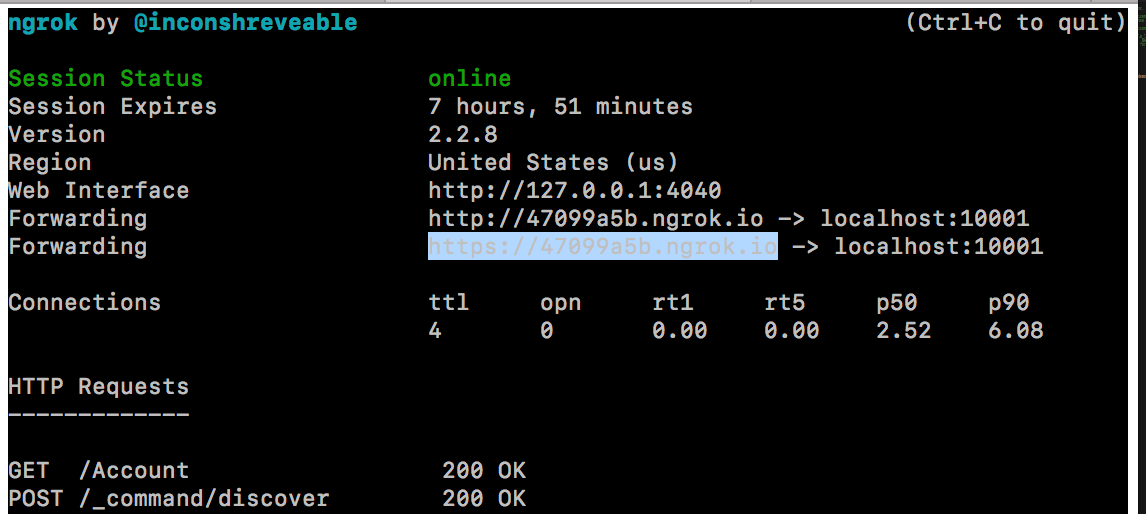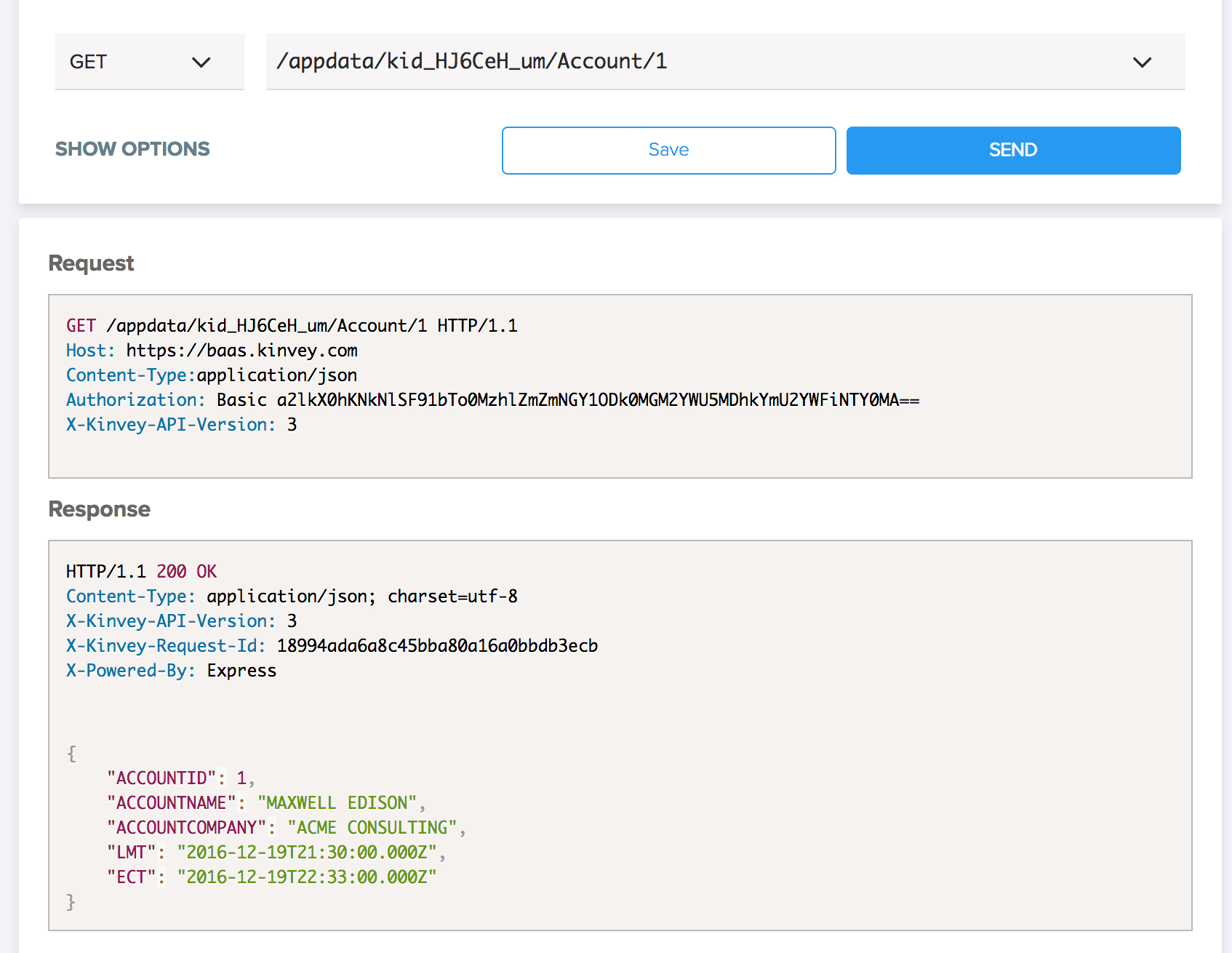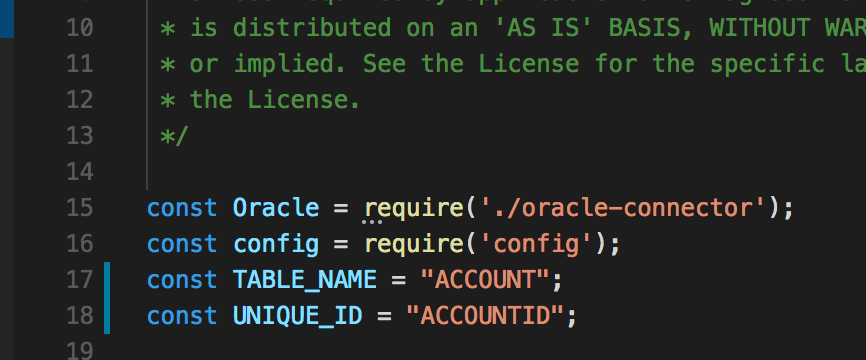How to Build Web, Mobile and Chat Apps That Connect to Oracle

Learn about how Kinvey's app platform works well with Oracle databases, improving your app's performance and making it easy to connect to chat applications.
What is Oracle?
Oracle database is a relational database management system built by the Oracle Corporation. First introduced in 1977 (so, a decade before Microsoft entered the field), Oracle is a well known and well-loved system within the enterprise database market, where it shares market share with Microsoft’s SQL Server. Oracle runs on most of the major platforms: Windows, UNIX, Linux and on Mac OS. A robust ecosystem has grown up around it, including the well-loved Toad by Quest software, an excellent IDE that helps the database administrator manage processes, data, and stored procedures. Oracle’s database is presented in four basic editions:
- Enterprise Edition - the full-featured enterprise-level database with robust performance and security included
- Standard Edition - basic functionality for non-enterprise users
- Express Edition - free, lightweight edition of the database
- Oracle Lite - an edition for mobile devices
Oracle differentiates itself from other enterprise offerings in that its architecture is “split between the logical and the physical” (source). In essence, the user is not concerned with the location of the data due to its distributed nature, and its modules can be altered independently so that the general activity of the database can be isolated. Oracle thus scales well to manage load and avoids having bottlenecks or single points of failure. Innovative offerings such as the “Oracle Autonomous Database, the industry’s only self-driving, self-securing, and self-repairing database” ensure that the brand remains robust.
Why Choose Oracle?
Database solutions abound, even in the enterprise. For the smaller shop or individual app developer, the consideration of a database is often only between free or very low cost options, so if a relational database is desired, mySQL often seems like a good solution. For non-relational or document-type databases, a Mongo-type solution often works well; Progress Kinvey, in fact, includes a non-relational database with collections that can be easily managed in the Kinvey console. But for the enterprise customer with a robust budget, the choice often boils down to MSSQL or Oracle. While you might not need such a robust database for a small app, a business plan that involves leveraging business intelligence and good security needs something heftier.
Who Uses Oracle for Database Management?
According to Oracle’s 2018 annual report, over 430,000 customers in 175 countries use Oracle, which terms itself the #1 provider of business software. According to CSI Market, Oracle’s primary customer base includes “a significant number of businesses of many sizes, government agencies, educational institutions and resellers. [Their] primary industry markets include defense and government, education, financial services, technology, transportation, life sciences, telecommunications, manufacturing and healthcare.”
Why Kinvey's App Platform Works Well With Oracle
One of the benefits of using Kinvey to connect to your Oracle database is that Kinvey incorporates a simple way of securely accessing data your database. You can also combine data from various sources such as different types of databases. Most importantly, you can use Kinvey’s Cloud Caching feature to speed up your app’s access to and consumption of data, a big bonus for a mobile app, for example. Simply toggle ‘cloud caching’ in your Kinvey console to enable this feature.
How You Can Use Kinvey to Connect Oracle Databases to Chat Applications
If you already have an Oracle database and would like to connect it to Kinvey in order to marry Oracle’s data storage and warehousing capabilities with Kinvey’s app management expertise, there are a few steps to follow. First, in your Kinvey console, create a project and click the green ‘Add A Service’ button to set up an External Flex Data Service Object.
Then, you will need to run a data connector locally (contact us for a copy of the library). Use a tool such as ngrok for testing the creation of a public URL locally. Your Oracle connector needs eventually to be deployed on an external Flex Service Runtime (the AWS Lambda instance used by Kinvey) to use your database.
Once you have created a public URL, you can connect to your external Flex Service that you set up earlier:
At this point, you should be able to query your database from Oracle directly:
...as well as from your Kinvey console:
...and from your chat application:
Kinvey is a high productivity platform that does a lot more to speed development too. Sign up for a free evaluation account today.

Jen Looper
Jen Looper is a Google Developer Expert and a Senior Developer Advocate at Progress with over 15 years' experience as a web and mobile developer, specializing in creating cross-platform mobile apps. She's a multilingual multiculturalist with a passion for hardware hacking, mobile apps, Vue.js, machine learning and discovering new things every day. She is the founder and CEO of Vue Vixens, an initiative promoting diversity in the Vue.js community. Visit her online at http://www.jenlooper.com, or via Twitter @jenlooper.
Comments
Topics
- Application Development
- Mobility
- Digital Experience
- Company and Community
- Data Platform
- Security and Compliance
- Infrastructure Management
Sitefinity Training and Certification Now Available.
Let our experts teach you how to use Sitefinity's best-in-class features to deliver compelling digital experiences.
Learn MoreMore From Progress
Latest Stories
in Your Inbox
Subscribe to get all the news, info and tutorials you need to build better business apps and sites
Progress collects the Personal Information set out in our Privacy Policy and the Supplemental Privacy notice for residents of California and other US States and uses it for the purposes stated in that policy.
You can also ask us not to share your Personal Information to third parties here: Do Not Sell or Share My Info
We see that you have already chosen to receive marketing materials from us. If you wish to change this at any time you may do so by clicking here.
Thank you for your continued interest in Progress. Based on either your previous activity on our websites or our ongoing relationship, we will keep you updated on our products, solutions, services, company news and events. If you decide that you want to be removed from our mailing lists at any time, you can change your contact preferences by clicking here.
